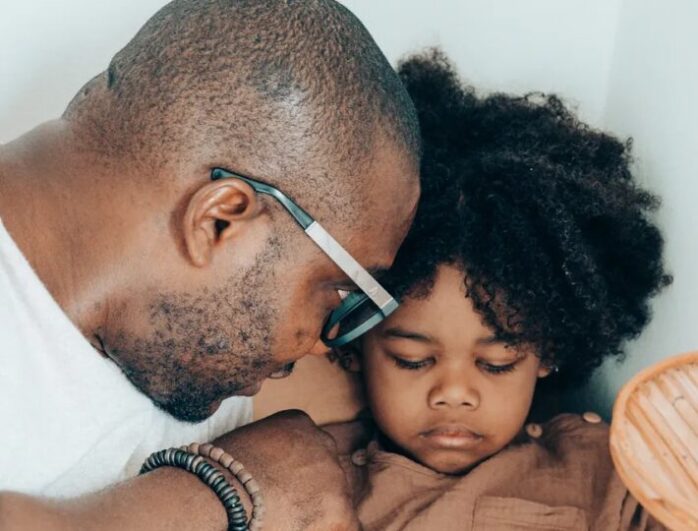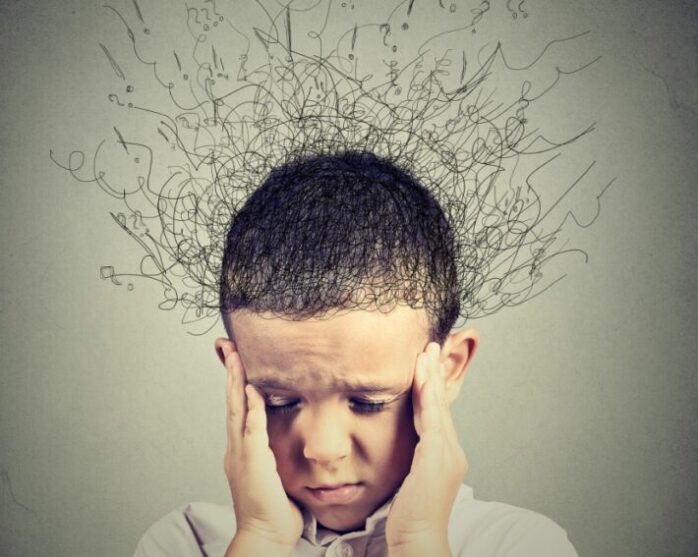
All parents are the same – they want what’s best for their offspring. Unfortunately, sometimes it’s hard to determine what’s the best course of action. It’s easy when a child has a cold; you need to take them to see a doctor. But, in instances when a child starts dealing with mental issues such as loneliness, anxiety, or depression, many parents found themselves unable to decide what to do. When it comes to this, kids are the same as adults. They’re able to have hard times in their lives, which can only be resolved with the outside help and guidance of a professional.
When you take into account school, learning, bullying, making, and breaking up friendships or romantic relationships, children have many issues they face during growing up. While parents are always supportive of their children, sometimes is the kids who are not able to approach their parents with their issue. Even if this is the case, you shouldn’t worry too much, as there are ways to help your loved one indirectly. In this article, we’re going to discuss eight common signs that your child may need counseling.
1. Changing Eating or Sleeping Habits

This is a major sign that your child is coming through a difficult period. Drastic changes in eating and sleeping patterns are easily noticeable by any parent, and once you see them, you need to react immediately. If your loved one sleeps too much, you need to address it as it can hide more significant issues. In the case of eating habits, eating irregularly could prove to be an eating disorder, which is not a light matter. Noticing these two things combined is a significant issue that needs your immediate attention.
2. Defiant Behaviors

It’s never easy to realize that your child needs counseling. But, if you notice that it has issues with behavior in your home and outside of it, all the red lights are on. The first signs are going to be arguing, defensive stance, followed by a lot of complaints, and general issues in communication. If this becomes regular in your relationship, something needs to change. In most cases, your child simply might be asking for help this way. The best way to approach this problem is to be in touch with all people in a child’s life. Include teachers, friends, and other parents in this group. You might even tell them of your concerns, just so that they could pay additional attention.
3. Social Isolation

Another easily noticeable sign. It is quite common for kids to have quarrels and fight with their friends. But, at a young age, this is something that’s quickly forgotten. If you notice that your young one secludes itself from friends more often than not, something bigger lurks in the shadows. Your attention is needed if all social interaction is avoided for no particular reason. Being isolated from friends can be devastating for a child, and if left alone to grow, it could lead to severe conditions such as depression and anxiety.
4. Constant Anger

Children are easy to anger. It’s a trait of their age. Some issues bother them easier than adults. Whining and kicking is something familiar in most families. Parents are used to dealing with these issues. But, if a child is constantly angry and can’t be calmed down, something else is brewing in the pot. Anger without limitations often hides anxiety, and in some cases, it can even be a cover for attention deficit hyperactivity disorder (ADHD). If you take your loved one to a therapist, anger can be maintained at first and eradicated through therapy when the bottom of the problem is discovered. People like those from BetterHelp counselors can be of true help with matters as these.
5. Changes in Interests and Habits

Just like changes in behavior, here we are talking about another sign that your child might need counseling. If you notice that their habits and interests change on a frequent basis, you need to act. We are talking about their daily activities that are already installed in their routine. Sleeping, eating, hobbies are things we are talking about. This is something that can’t pass under your radar as a parent. If it lasts for a couple of days, and they go back to their old selves, you probably have no reasons to worry. But, if these changes last longer than two weeks, you might want to visit a therapist. Professionals will know to recognize the origin of these changes and how to deal with them in the future.
6. Extreme Feelings of Sadness or Worry

These are not normal feelings, at least not for a child. Anxiety, nervousness, sadness are not something a child should experience regularly. If it happens, it will affect the daily duties of anyone, and children are more sustainable to it. You are seeking help when your child no longer feels as self is the right way to go. Crying and worrying without reason are two leading indicators that you have a problem on your hands.
7. Self-harm

Most people think about severe self-harm cases, such as cuts, bruises, or even suicidal thoughts when they think about this term. But, it ranks differently when it comes to little ones. It can be much more, and some of it can be easily neglected as child’s play. We are talking about hair pulling; self indicted injuries which come from hitting objects with hands, legs, or head, and scratches on the face or other extremities. All of these can be easily seen on a child which you see every day. If this behavior becomes regular in your child’s life, you need to contact a professional before it gets more severe.
8. Obsessions and Compulsions

These two almost always come hand in hand, and they’re frequent in children. The moment you need to start worrying about them is when daily life becomes impossible due to them. Obsessions and compulsions can become severe if they’re not handled the right way. It can be an introduction to OCD syndrome, and you don’t want to ignore this. A therapist could be a necessity in a case like this.











